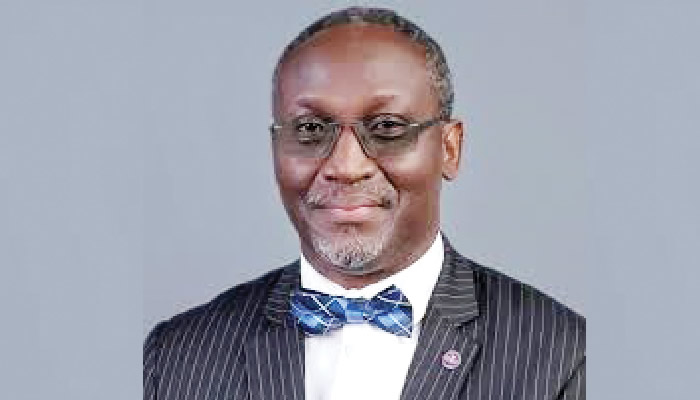By Capital Watch Media

Amid rising operating costs and a declining economy, over 50% of Nigeria’s private hospitals have closed their doors, with many remaining facilities struggling to survive.
Dr. Raymond Kuti, President of the Guild of Medical Directors, GMD, revealed the depth of the crisis in an interview, describing how healthcare providers face increasing expenses in energy and imported medical supplies.
Dr. Kuti highlighted that reduced patient patronage and soaring costs have left many hospitals financially strained, with around three of every six private hospitals shutting down monthly.
He explained that larger facilities, particularly those categorized as Band A, are especially impacted by energy costs that have surged dramatically in recent years.
The high cost of medical consumables, some of which have increased by as much as 500% due to exchange rate pressures, has only worsened the crisis.
Staff shortages present another critical challenge, with an ongoing “japa” wave seeing young healthcare workers leaving Nigeria for better opportunities abroad.
This migration trend, combined with economic hardship, is making many Nigerians hesitant to seek medical treatment, leading to increased rates of self-medication and delayed healthcare.
Dr. Kuti urged immediate government intervention, stressing that private hospitals play a vital role in the nation’s healthcare system.
“We need the government to recognise the challenges we face and provide the necessary support to ensure that private hospitals can continue to operate and serve the community,” he stated.
The call for systemic change comes amid growing concerns that Nigeria’s healthcare infrastructure could face collapse without significant support and reforms.






